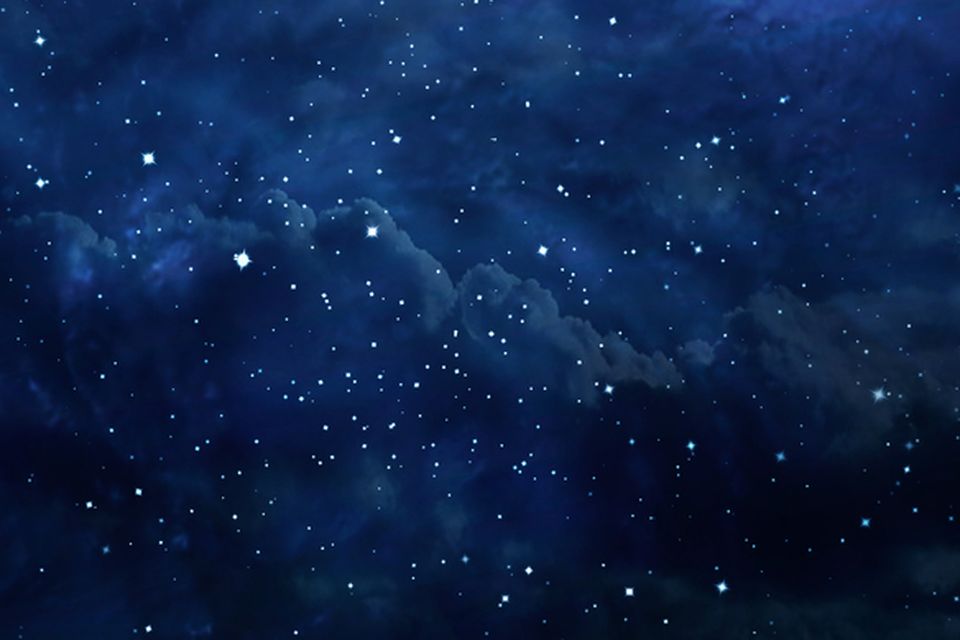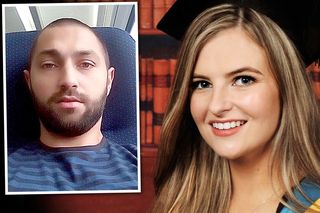Sharing the dark with creatures of the night
'From my room I can hear at night the hooting of an owl. I am touched by insomnia and among its very rare pleasures is an acquaintance with the wild creatures of the night' (Stock photo)
I am in pastoral mood. Brace yourselves for a kinder, gentler diary.
From my room I can hear at night the hooting of an owl. I am touched by insomnia and among its very rare pleasures is an acquaintance with the wild creatures of the night.
The owl calls relentlessly, the notes a tremolo of mystery echoing up from the wood and across the lawns of the hospital. I am here for routine tests. Just a brief interlude in a life that is too fast for a man in his middle-age. I will never get sense. There was never a strong tradition of sense in the Keanes. But enough of that.
It is the night and my owl that has me rapt. I think of Shakespeare's poem on Winter - a staple of our inter-cert years - in which "nightly sings the staring owl, Tu-who; Tu-whit, tu-who: a merry note, While greasy Joan doth keel the pot."
The notion of Joan keeling a greasy pot invariably reduced us to sniggers in Mr Culhane's English class at Presentation College on the Western Road in Cork, those of us at least who were mentally engaged and not drifting out across the playing fields of the Mardyke thinking of girls and rugby, or mired in the impenetrable mysteries of the early adolescent mind.
At home once, in the throes of finishing a book, I looked at the glass door into the garden and saw a fox staring at me. It felt as if we were the only two people awake in the world. Neither of us moved. We looked at each other, man and beast, until, his curiosity satisfied, he trotted away into the dark of hedges and suburban gardens.
This was at the height of the great London Fox Scare. There had been reports of urban foxes creeping into houses and biting children. The tabloid press magnified this into a dystopian nightmare of ravening fox hordes, beasts the size of lions, preparing an assault on all that was good and decent in middle England. Plump, succulent infants were said to be especially at risk.
The scare went as quickly as it came. I believe we are now soon to be overrun by a plague of giant rats that have been busy mutating in the city sewers. Secret conferences are being held. There is also the danger from rats which might escape onto boats coming from the continent. England must brace itself for Ratamageddon. It is enough to keep you in bed for the day with a bottle of whiskey and a bowl of hard-boiled eggs.
There is something distinctly metaphorical about all of these beast scares. Foxes and rats, who could they possibly represent in modern day Britain? Could my own trade be one of the sub-species?
But back to the glories of night. We are hard-wired to fear the dark with its echoes of our ancient past when wolves haunted the mouths of caves, combined with the more prosaic indignities to be witnessed on our night streets after closing time at weekends.
Night is the territory of the intruder, the housebreaker, the ghost. In the Iliad, Homer says even the great Zeus "is in awe of doing anything to swift Night's displeasure".
I once feared the night terribly. I could wake bolt upright, drenched in sweat, the memory of some foreign war swelling the darkness with phantasms. That has gone. Time does heal; if not entirely, then enough to open my heart to the kinder possibilities of the night.
In the dark of the leafier places, this time of year is the calmest place I know. One of the poems, perhaps the best poem to capture the magic of the early summer dark, is Thomas Hardy's Afterwards.
I developed an early love of Hardy and travelled to Dorset in my late teens to visit the landscape of his novels and poetry. I went with a very dear friend who shared the same Hardy passion.
It was late spring time and I recall looking out over the Vale of Blackmore, setting for novels like the Mayor Of Casterbridge and Tess of the D'Urbervilles, and murmuring to myself the words of Afterwards.
'If I pass during some nocturnal blackness, mothy and warm, when the hedgehog travels furtively over the lawn,
One may say, "He strove that such innocent creatures should come to no harm, But he could do little for them; and now he is gone".'
Hardy wrote the poem when he was already close to the end of his long life. Like so many of his greatest works, it is shadowed by regret for the mistakes and hurts he had caused in his life. I was 18 then, with all mine yet to make.
The dark reaches of the night, with an owl calling, can be a sombre place for reflection. In her book, I Heard The Owl Call My Name, Margarget Craven records how the Canadian First Nation tribe, the Kwakwaka'wakw, believe those who are about to die hear the owl calling them to the other world. It is a haunting notion.
But the owl is also, in many traditions, a symbol of renewal. So I open the window. I lean out and smell the dew already settling on the lawn. I listen for the call of that invisible bird. I hear him. Between the passing of the occasional car on the road outside and above, the more distant hum of the city. He is my friend in this endless night.
Fergal Keane is a BBC Special Correspondent
Join the Irish Independent WhatsApp channel
Stay up to date with all the latest news















